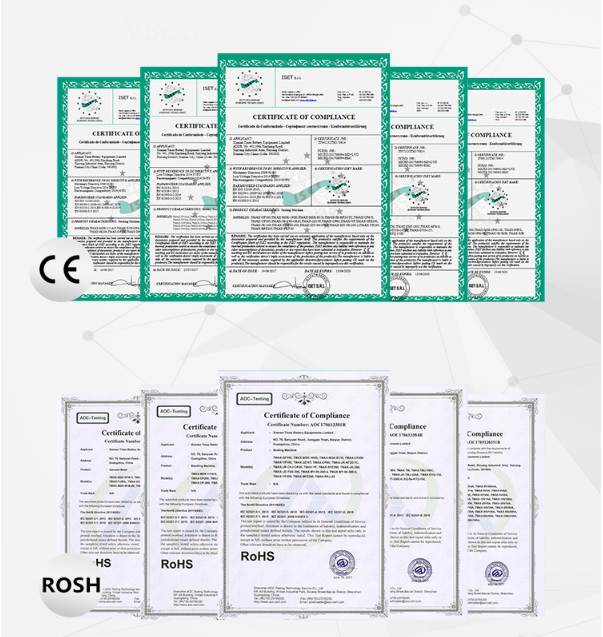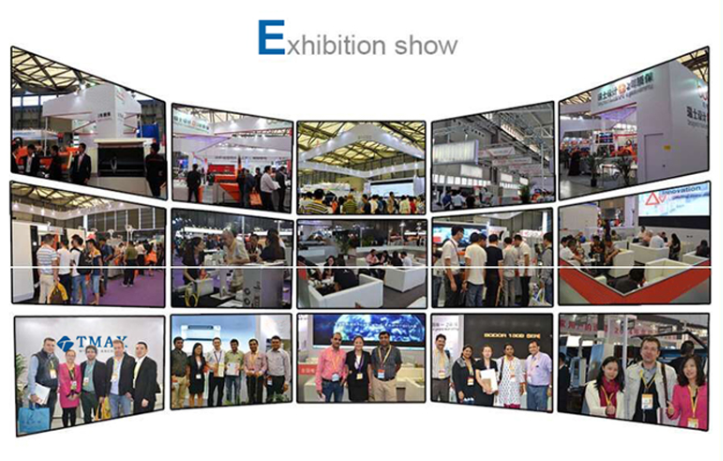- Battery Manufacturing Equipment
- Battery Laboratory Assembly Equipment
- Battery Pack Assembly Equipment
- Sodium Ion Battery Manufacturing Equipment
- Solid State Battery Assembly Line
- Dry Electrode Assembly Equipment
- Supercapacitor Assembly Equipment
- Perovskite Solar Cell Lab Equipment
- Li ion Battery Materials
- Ni / Al / Cu Metal Foam
- Customized Electrode
- Cathode Active Materials
- Anode Active Materials
- Coin Cell Parts
- Lithium Chip
- Cylindrical Cell Parts
- Battery Current Collectors
- Battery Conductive Materials
- Electrolyte
- Battery Binder
- Separator and Tape
- Aluminum Laminate Film
- Nickel Strip/Foil
- Battery Tabs
- Graphene Materials
- Cu / Al / Ni / Stainless steel Foil
- Battery Laboratory Equipment
- Li ion Battery Tester
- Battery Safety Tester
- Battery Material Tester
- Film Coating Machine
- Rolling Press Machine
- Electrode Mixer
- Coin Cell Crimping Machine
- Coin Cell Electrode Disc Punching
- Pouch Cell Sealing Machine
- Pouch Cell Stacking Machine
- Pouch Cell Forming Machine
- Pouch Cell Ultrasonic Welder
- Pouch Cell Electrode Die Cutter
- Cylinder Cell Sealing Machine
- Cylinder Cell Grooving Machine
- Electrode Slitting Machine
- Cylinder Cell Winding Machine
- Cylinder Cell Spot Welding Machine
- Electrolyte Filling
- Type Test Cell
- Other Battery Making Machine
- NMP Solvent Treatment System
- Vacuum Glove Box
- Lab Furnaces
- Ball Mill
- Hydraulic Press
- Laboratory Equipment
Lab Electrolyte Wetting Testing Machine For Lithium-ion Battery Electrolyte Research
Model Number:
TMAX-EWS1100Compliance:
CE certificateWarranty:
Two Year Limited Warranty With Lifetime SupportPlace of Origin:
ChinaPayment:
T/T, Credit Card, Paypal, LC, Western UnionDelivery Time:
3 Days
Wechat:13506084915
Lab Electrolyte Wetting Testing Machine For Lithium-ion Battery Electrolyte Research
The Importance of Electrolyte Wetting
Electrolyte is the core part of lithium-ion battery (LIB) research and development. It is not only an important medium to ensure ion transmission, but also an important basis for the LIB to obtain high voltage and high specific energy.
Relevant parameters of the electrolyte and its wettability to the electrode and separator directly affect the performance of the LIB. The wetting effect of the electrolyte in the electrode is closely related to the compaction density,
pore size, porosity and other parameters of the electrode itself. The evaluation of the wetting effect of the electrolyte in the electrode can be used as a key indicator for the process optimization of the electrode , and can also provide a new direction for the research and development of high-performance LIBs; Similarly, as one of the main materials of lithium-ion batteries, the separator also need a good wetting performance of the electrolyte. .Therefore, it is necessary to develop a kind of equipment that can effectively evaluate and test the stability of electrolyte wettability
Traditional test methods 
Creative Solutions
1. Based on the capillary diffusion principle of electrolyte in the electrode and separator, quantitatively evaluate the difference of electrolyte infiltration;
2. Equipped with high-precision mechanical control and visual acquisition system, the test is stable and efficient;
3. It is applicable to the evaluation of infiltration of different electrodes, electrolyte, separator with different formula and process;
4. Real-time characterization of the wetting rate of the electrolyte in the sample.

Software Interface

Application Cases
Wettability test of negative electrode of lithium-ion battery 
Experiments:Select four different positions of the same negative electrode and complete four groups of repeatability tests. The test results are shown in the figure & table;
Result: the saturation curves of four repeated infiltration tests on the same negative electrode are basically consistent, and the standard deviation of the difference of the liquid level height at 50s is about 0.135, which indicates that the test consistency is good.
Parameters and installation requirements
|
Model |
TMAX-EWS1100 |
|
Stress control range |
0-500g |
|
Stress resolution/accuracy |
0.01g/±0.3%F.S |
|
Suction capacity |
2uL |
INSTALLATION REQUIREMENT
|
Voltage |
220-240V |
|
Voltage variation tolerance |
±10% |
|
Power |
<80W |
|
Environmental temperature |
0-40℃ |
|
Environmental humidity |
<80%RH |
|
Net wet |
5kg |
|
Dimension(W*D*H) |
210*300*120 mm |







 ru
ru



 cindy@tmaxcn.com
cindy@tmaxcn.com David@battery-equipments.com
David@battery-equipments.com Wechat:13506084915
Wechat:13506084915